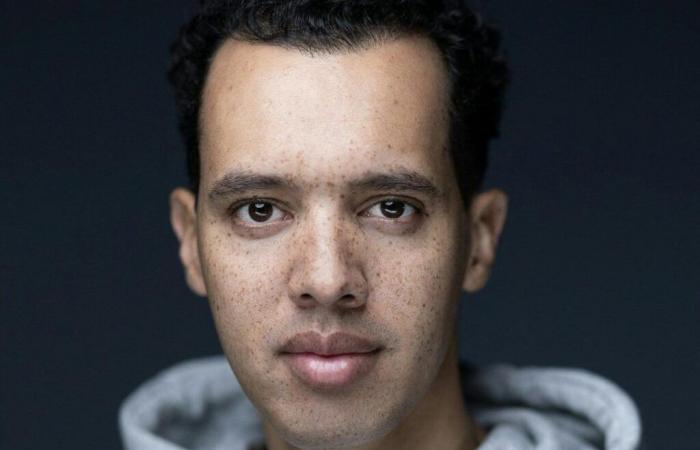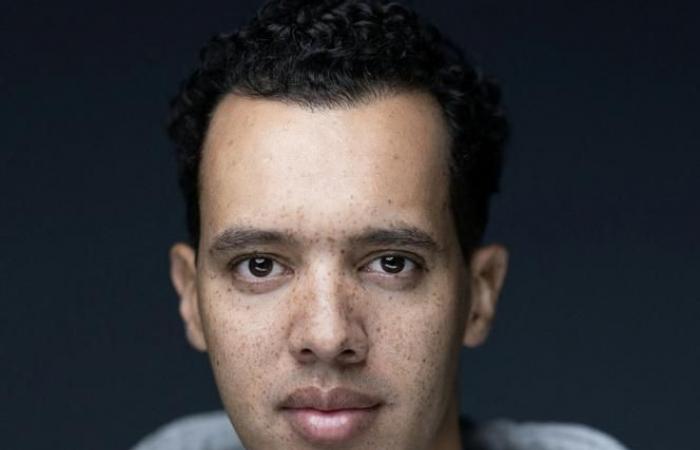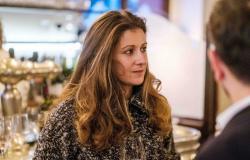The Renaudot prize rewards Jacarandaby Gaël Faye (Grasset, 282 pages, 20.50 euros, digital 14 euros), announced the jury, Monday November 4, from the Parisian restaurant Drouant, in the wake of Goncourt, awarded to Hourisby Kamel Daoud (Gallimard)
Thirty years after the genocide of the Tutsis in Rwanda, it is a novel recounting life in the shadow of the massacres which is thus distinguished. Jacaranda is the second novel by Gaël Faye, born in 1982 in Burundi to a Rwandan mother and a French father. He has lived in Kigali for ten years. The entry into literature of this slammer, a former financier at the City of London, was more than noticed: in 2016, Small country (Grasset) had won, among others, the Goncourt des lycéens, before selling 1.5 million copies, being translated throughout the world, adapted into a comic strip, brought to the cinema (by Eric Barbier, in 2020)…
Jacaranda is not a sequence of Small countrywhich took place in Burundi, neighboring Rwanda, where the young narrator, Gabriel, lived. But he extends it in particular by taking up the character of Gabriel’s aunt, Eusébie, whose children were murdered. In Jacarandashe had a little girl four years after the genocide, and we see this Stella grow up until 2020, with a mother convinced that she can only do well, since she is a child of the genocide. ‘After.
Stella is the youngest character in the novel. To the generation above belongs the narrator, Milan, born in France to a French father and a Rwandan mother who is silent about her country and its history. In 1994, he was in sixth grade, in Versailles, when Rwanda “arrives in [sa] life through television »and the scenes of horror absorbed at dinner time, without a single word being exchanged around the table – “With us, the viewer’s sensitivity was swallowed like a mouthful of silence. Which ended up giving me terrible stomach aches. » Rwanda then takes the face with the bandaged head of Claude, a survivor of his age, whom the family welcomes for a time without explanation.
Speaking engagements
In 1998, his mother took Milan to her country for the first time, where she still escaped her son’s questions, while he found Claude. He also meets his grandmother, Eusébie, who has just given birth to Stella, and Rosalie, the little girl’s great-grandmother. He discovers the vitality of Kigali and Claude’s gang, which comes together around Sartre, a charismatic man who created a “Palace” for orphans. Milan will return in 2005, to study the work of the gacaca courts for reconciliation and hear the stories of the massacres, then in 2010, where he settles there. We then find him, and the other characters with him, in 2015 then in 2020.
You have 27.88% of this article left to read. The rest is reserved for subscribers.







